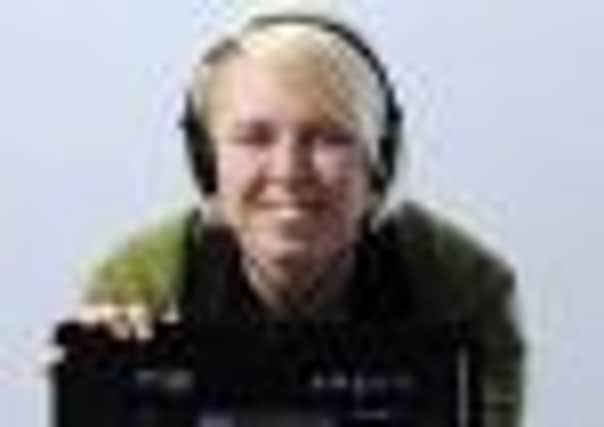Students look to investors for tinnitus treatment


The high-pitched sound is caused when loud noises flatten the tiny hairs inside the ear.
The hairs then cause interference with one another, which the brain interprets as a phantom noise.
Advertisement
Hide AdAdvertisement
Hide AdNow a company set up by a physics student at Edinburgh University is preparing to launch a clinical trial to see if its cure for the condition can also be used to treat a more serious permanent ringing.
The therapy, invented by Eimear O’Carroll, plays low-frequency sounds into the ear, which makes the tiny hairs stand up again.
O’Carroll developed the technique with classmate Rhona Togher and physics teacher Anthony Carolan as a school project in 2007 and went on to win a prize at BT’s Young Scientist Exhibition.
They set up their company Restored Hearing in 2009 at Sligo in the north-west of Ireland and now, with the help of Edinburgh University’s “Launched.Ed” student entrepreneurship scheme, they are looking to raise £500,000 to develop their business.
The firm wants to launch a range of ear protecters and is already offering the therapy to music fans via its website.
O’Carroll also plans to use her final-year student project this autumn to investigate if her therapy can help people with permanent tinnitus.
She said: “We’re talking to investors in Ireland and Scotland.
“Already having revenues from the website has been a big help.”
Advertisement
Hide AdAdvertisement
Hide AdO’Carroll said the therapy for temporary tinnitus had been “scientifically proven” to work in “99 per cent” of cases and only lasts one minute. She added that the firm’s website has already been used by 6,000 people.
Eric Clapton, Barbra Streisand and Pete Townsend are among the musicians who have developed tinnitus after being exposed to loud noises during their music careers.
University College Dublin, where Togher is a student, has also helped the physicists to grow their company through its NovaUCD programme.
Togher is currently on sabbatical from her studies so she can work full-time at Restored Hearing.
O’Carroll hopes the company will also be big enough to provide work for her when her course at Edinburgh University ends next year.
The students will be hoping to emulate the success of other companies that were started at Edinburgh University.
Fantasy sports website FanDuel – which was launched in 2008 at the university by Lesley and Nigel Eccles – last month raised $11 million (£7m) from a group of investors including NBC Universal owner Comcast, Pentech Ventures and Piton Capital.
Other notable Edinburgh University spinouts include Pufferfish, which makes spherical television screens used by rock band Coldplay, and wind turbine generator developer NGenTec.